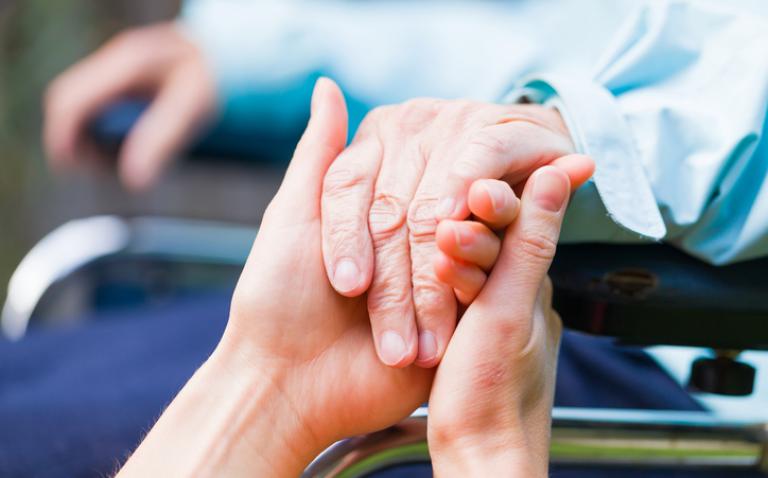The number of elderly people developing cancer in the UK is expected to nearly double, hitting almost a quarter of a million a year by 2035, new cancer research has predicted.
A report from the charity Cancer Research UK has called on the health service to prepare for a large increase in the number of over 75s with cancer. It stated an expected a rise from some 130,000 elderly cancer patients a year to 234,000, in less than 20 years.
Almost half (46%) of people diagnosed with cancer in the UK will be over 75, the report states, using research conducted by the University of Birmingham and ICF International.
Cancer Research UK said these older patients, who are less likely to receive emergency cancer diagnosis and treatment, need greater health and social support.
The charity has called on on the health service to prepare for this aging population. It asked for better patient assessments, more time spent with elderly patients and more evidence of the effects of medication on older patients with complex health needs.
Rose Gray, Cancer Research UK’s policy manager, said: “If we do nothing the disparity in care between older and younger cancer patients will only grow. It’s vital to address this if we want to realise our ambition of ensuring world-class treatment for everyone in the UK who is affected by cancer.”
She added that elderly patients will be “the hardest hit” by National Health Service (NHS) workforce strains and stressed that UK prime minister Theresa’s May £20bn injection into the NHS will fail to transform cancer patient care.
Ms Gray said: “For 70 years, the NHS has been at the forefront of fighting cancer. But we need more investment in staff to give the best possible treatment and care for older cancer patients, both now and in the future.”
Martin Ledwick, Cancer Research UK’s head information nurse, said older people with multiple health conditions and taking a variety of medications are not able to receive certain treatments. Greater investment is needed to treat these people, he said.
Mr Ledwick said: “Some older people with cancer might not be fit enough to have surgery and go through lengthy periods of chemotherapy and radiotherapy, but as no two patients are the same, there will be others who are.
“That’s why it’s so important staff are well trained and resourced so they can assess older people properly and ensure they receive the right treatment, care and support specific to their individual needs.”










